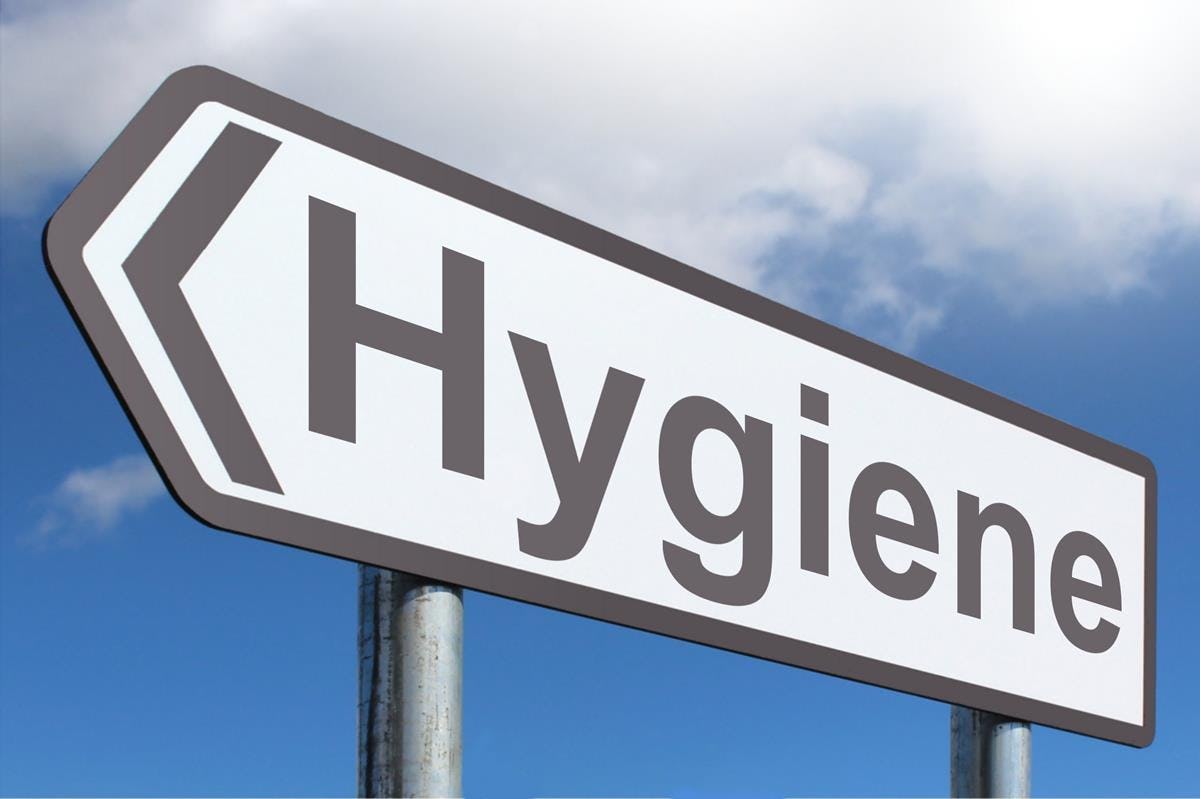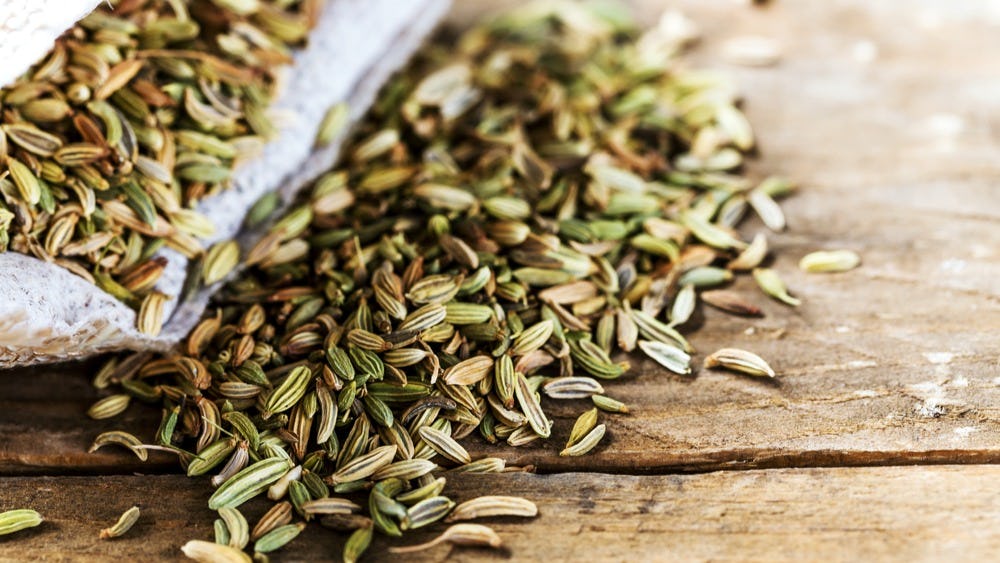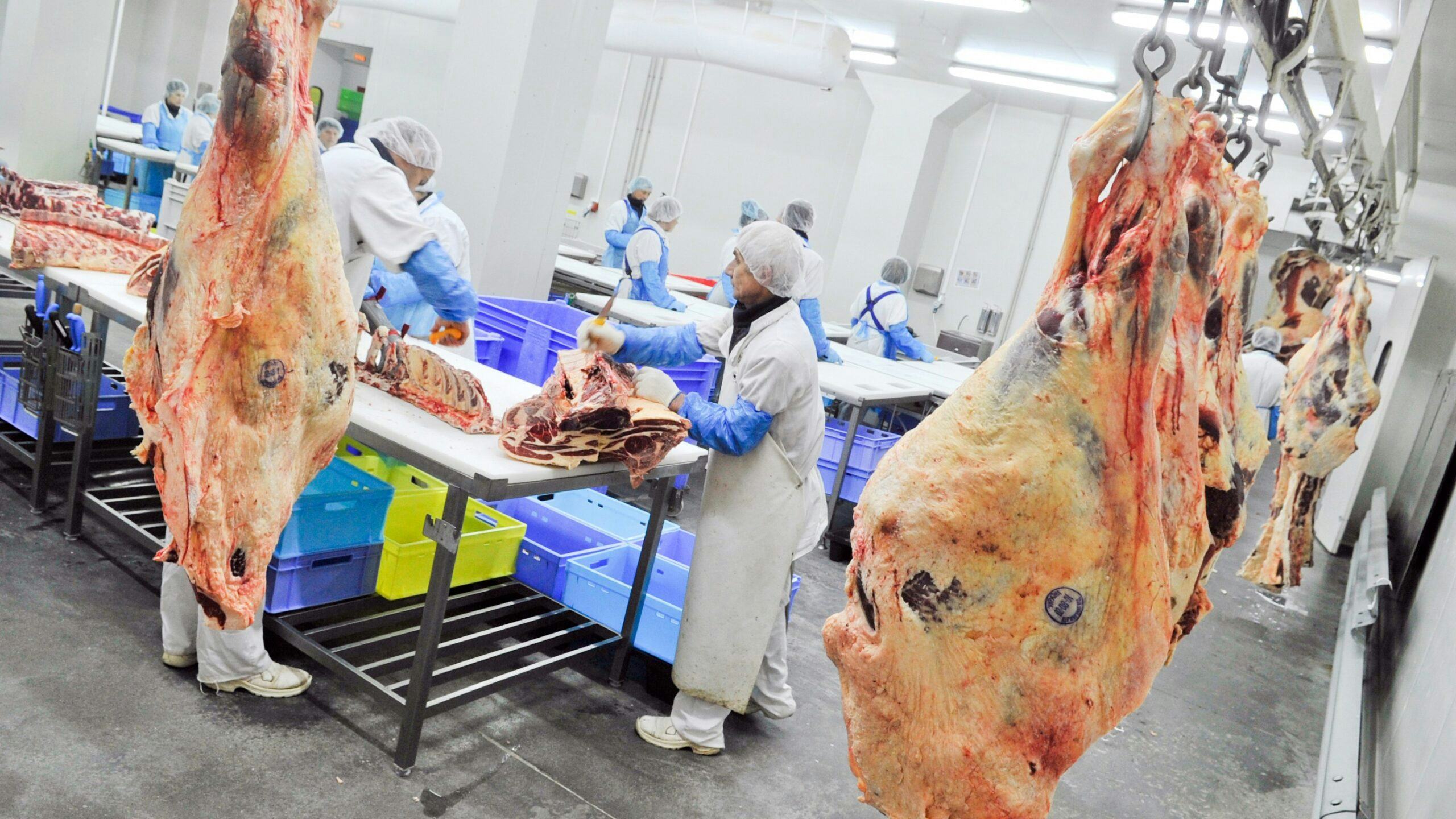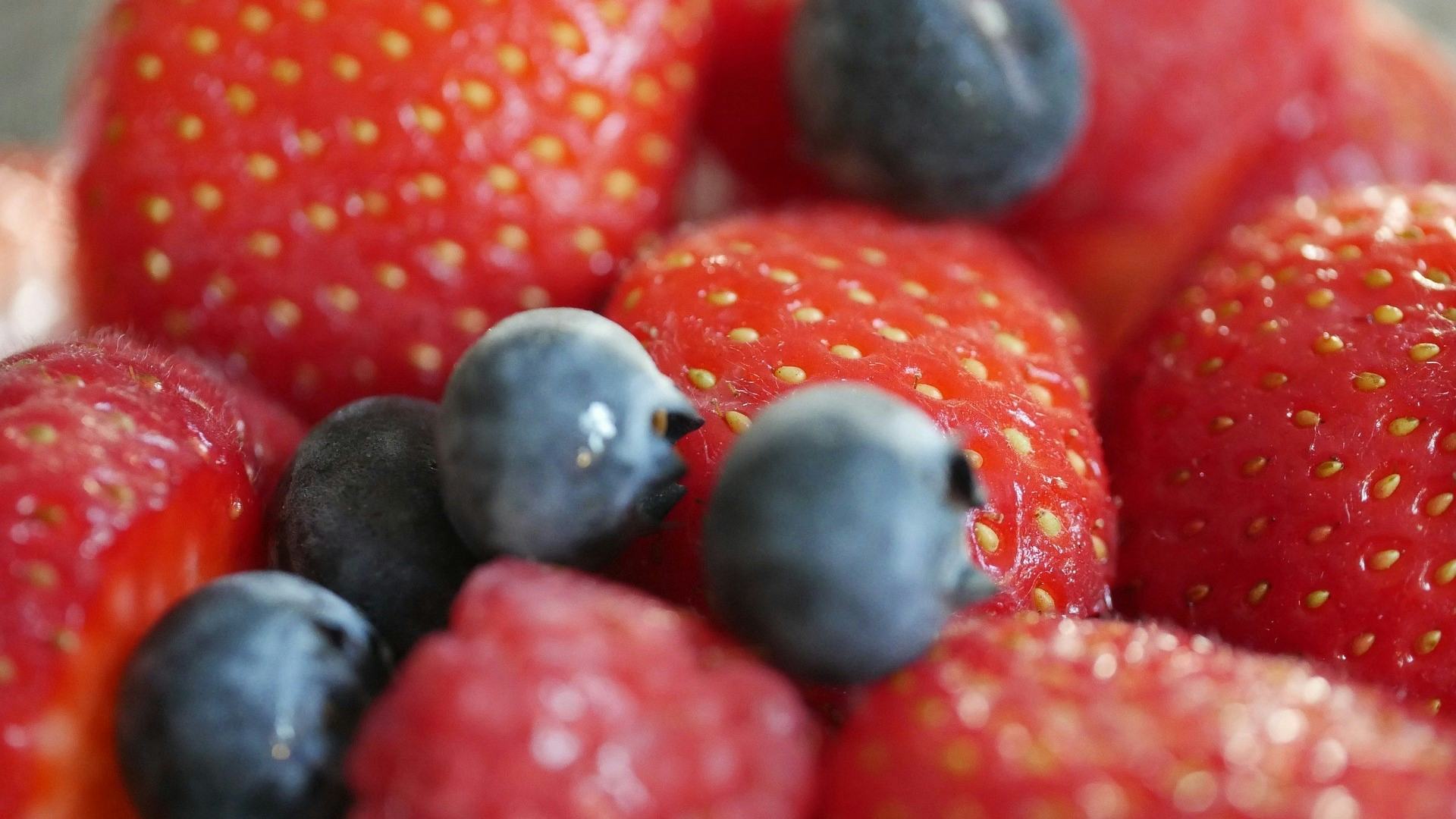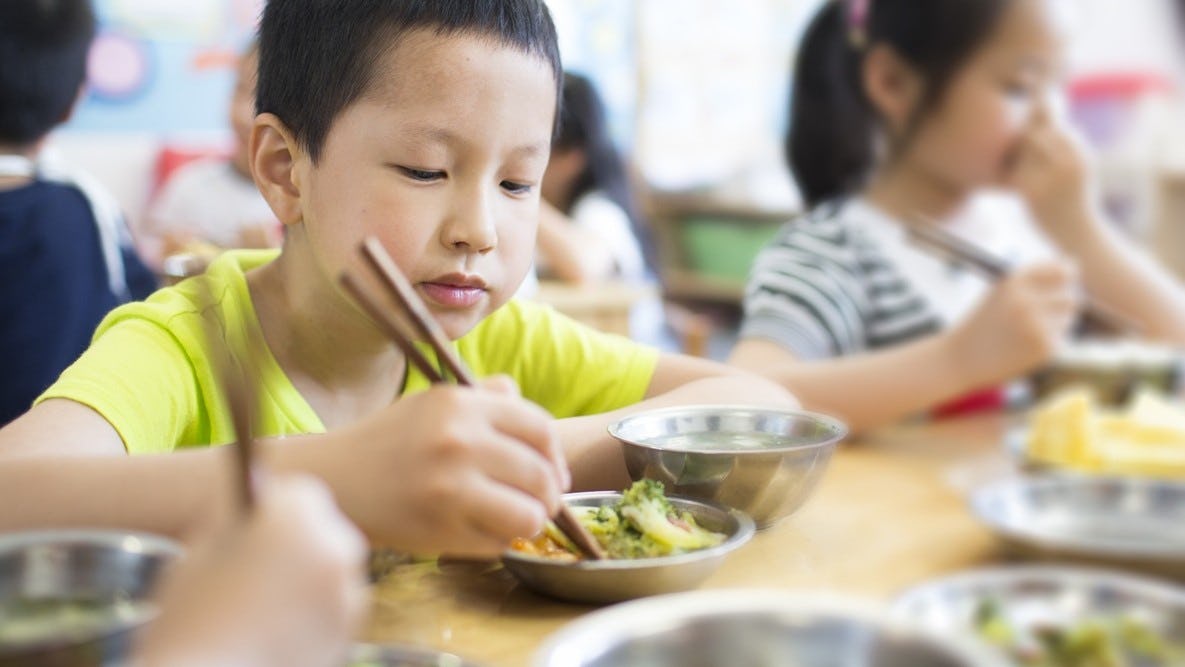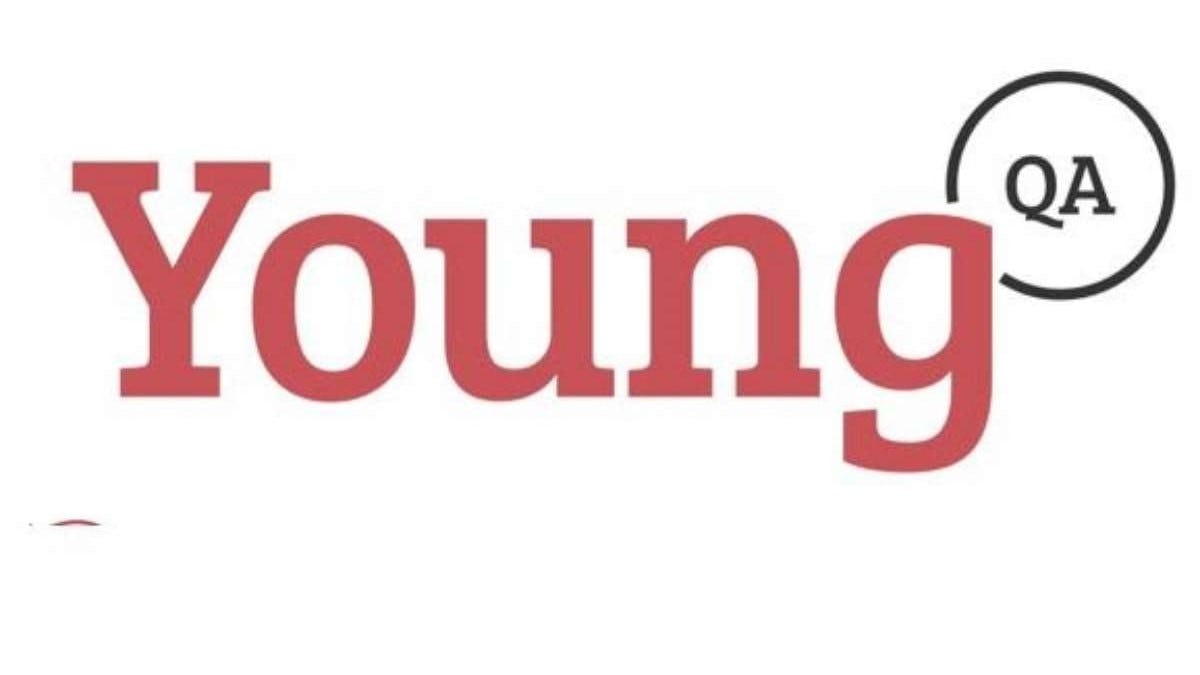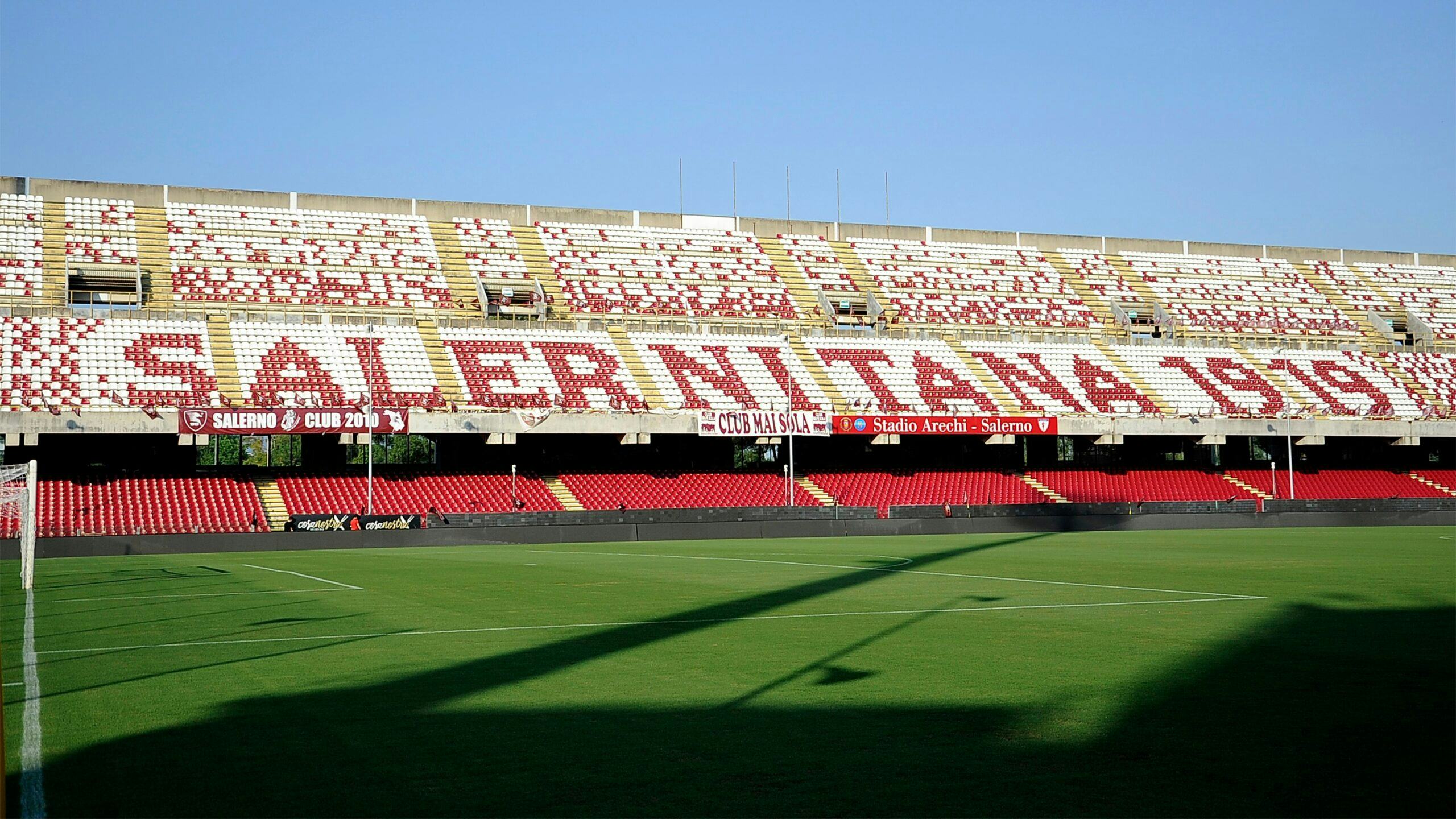Bewildered and incensed, Stephan Tromp stands behind his desk at the IFS headquarters in Berlin. During a video call, he takes the time for VMT to explain the situation.
According to IFS, what is the exact reason for suspension by GFSI until March 8, 2023?
“This is a long-running discussion. Not only with us, but between GFSI and all recognized food safety standards (certification program owners, CPOs). In the end it comes down to only one question: who has the ultimate say? GFSI was founded in 2000 as a benchmarking organization to check whether all food safety standards meet the same minimum requirements. But in the last two years, GFSI has been trying to transform from a benchmark organization into a kind of regulator. That is the essence of GFSI's Race to the Top (RTTT) Framework. The problem is that this does not take into account the different legislation in countries and continents or cultural differences. If you put the US next to Europe, you sometimes see completely different approaches to food safety issues. That is also the reason why we still do not have one global food safety standard. But since GFSI got a new managing director in 2019 (Erica Sheward, ed.), there has been a clear focus on a standard. The CPOs have been discussing this with GFSI for a long time. It is very difficult, if not impossible, to completely harmonize the standards worldwide.”
But that's still no reason to suspend, right?
“We really see it as an action to to pillory us and thus set an example to other CPOs. Other standards also see it that way, we hear. They also see it as a threat from GFSI: "if you don't obey us, we'll also suspend you."
We thought we had sufficiently explained our positions towards GFSI. Only a phone call with GFSI was to follow. But that remained outstanding. To now set the suspension on the basis of that is bizarre. I would never suspend a certifying body on the basis of a missing telephone call.”
What exact reason is GFSI giving to IFS about the suspension?
“We don't cooperate enough. But I don't think that's a plausible reason for a suspension."
What should IFS do now according to GFSI to reverse the suspension?
“On Tuesday I received a questionnaire from GFSI that I have to fill in and an action list with points that we must comply with. We are now checking whether this is legally correct, whether she can demand this from us.”
Why is there doubt about that?
“Because we didn't do anything wrong. When I look at the GFSI benchmark document, there is one important obligation that we must fulfill. This states that the CPO must immediately inform the GFSI of a possible threat/danger that could damage the reputation of GFSI.
We recently did that. On September 30, we informed GFSI about an investigation in Italy. That case involved an IFS-certified Italian factory that may have been involved in the deaths of three people following a listeria infection. Our investigation showed that there was indeed a problem with Lm in this plant. Appropriate action was immediately taken and GFSI was also informed. But the research (Whole Genome Sequencing, WGS) by the Italian regulator subsequently showed that the deceased had a different Lm variant. So it had nothing to do with the plant under investigation. We have also informed GFSI about this. Nevertheless, the current suspension now follows shortly after this incident. That is why we are very surprised, because that suspension cannot have anything to do with a food safety issue or integrity.”

What is the impact of the suspension?
“IFS has about 30,000 sites covered by one of our standards or certification programs. The most important is the IFS Food Standard. And in the next three months this will involve approximately 5,000 new or renewed certificates. But these are just valid. I'll explain that.
The main reason why GFSI was founded at the time was to comply with the legal obligation to check your suppliers. This legal obligation in itself has nothing to do with GFSI. IFS is a member of the International Accreditation Forum (IAF) (the worldwide association of accreditation bodies for conformity assessment). Every IFS certification body is accredited for this. And the GFSI suspension doesn't change that. So every IFS certificate issued during the suspension period is and remains valid. The only thing missing is the GFSI benchmark. But from a legal point of view, the IFS certificates still fully meet the requirements set for retailers in EU Regulation 178/2002. That is the main thing.”
Will retailers continue to accept the IFS certificate?
“The vast majority of IFS certified companies are private label manufacturers. They fall under the major retailers. And they continue to accept IFS. For example, Carrefour, Edeka and Ahold-Delhaize continue to accept IFS, regardless of GFSI recognition. Just like the Swiss Migros and Coop and the French Casino. Parties such as Vion Food Group and Impact Buying also support IFS. Because the suspension is not based on a food safety issue, but on a difference of opinion. If it was a food safety issue, GFSI should report it.”
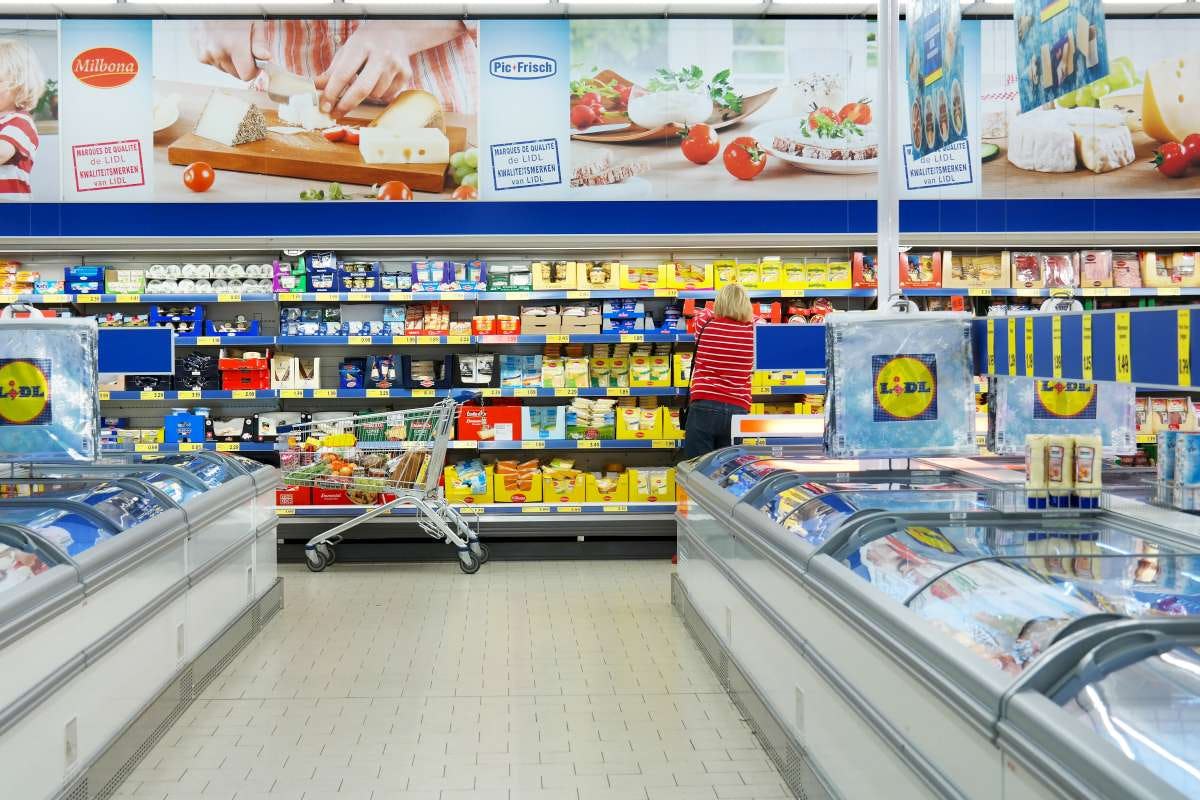
What if there is no plausible explanation from GFSI?
“It is up to each company how to deal with the situation. But as I just said, the legislation is still leading. And our IAF accreditation is still valid, also for the certificates that will now be issued or renewed until March 8.”
Could this move by GFSI also damage the reputation of GFSI itself?
"Good question. Of course, GFSI has not only damaged the reputation of IFS. We should not forget that IFS was founded to ensure that all food companies in Europe deal with food safety in the same way. In the late 1990s, every retailer still sent its own auditors to factories. They therefore wanted a joint approach from retail and that is how IFS was born. Over the last 20 years, IFS has become the basis for quality management for most European retailers and wholesalers. IFS is a day-to-day tool for risk management in the company. With the suspension, GFSI is therefore questioning this tool of all these companies, their own members. That's madness. The retailers are also angry about GFSI's behavior.”
What is the next step of IFS? I imagine you have a quick fix?
“Of course you want it resolved quickly. On the other hand, this is so fundamental. We need to find a solid solution. Who has which voice in the whole? What are the rules? IFS will now follow the appeal procedure of GFSI itself. If that is not accepted, we will unfortunately have to take legal action. We will also enter into discussions with our shareholders and partners, including the Dutch CBL.”
Also view IFS Wednesday's statement here, including Q&A
VMT asked GFSI about the reason for the suspension, but no answer has yet been received.






